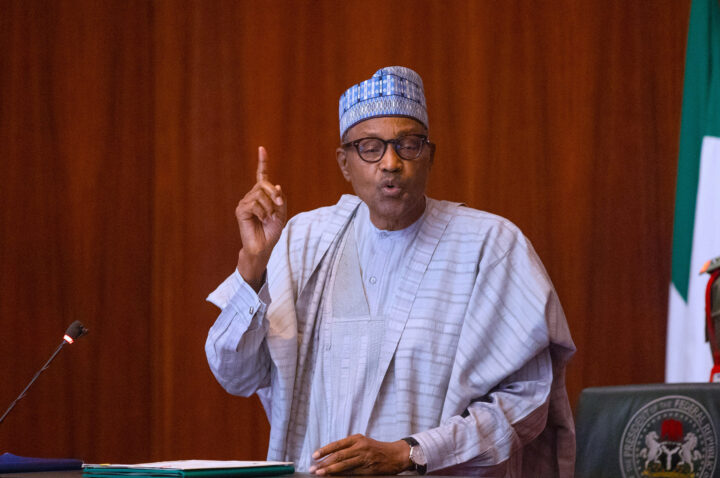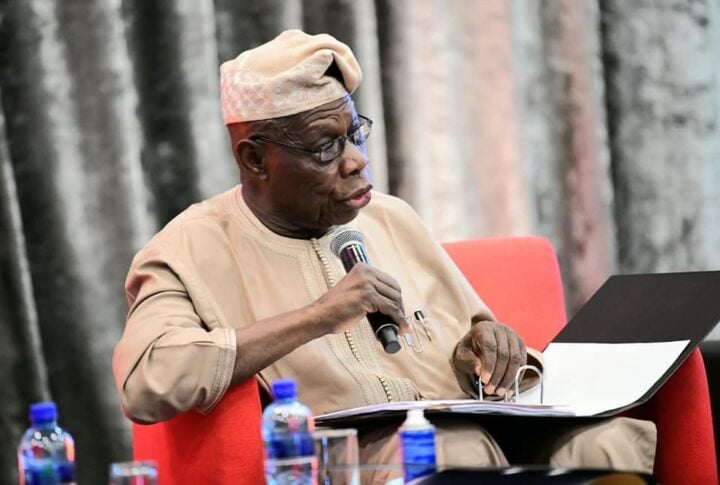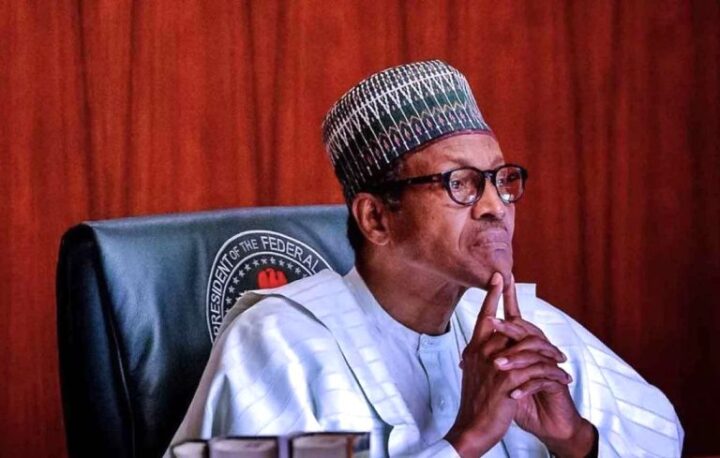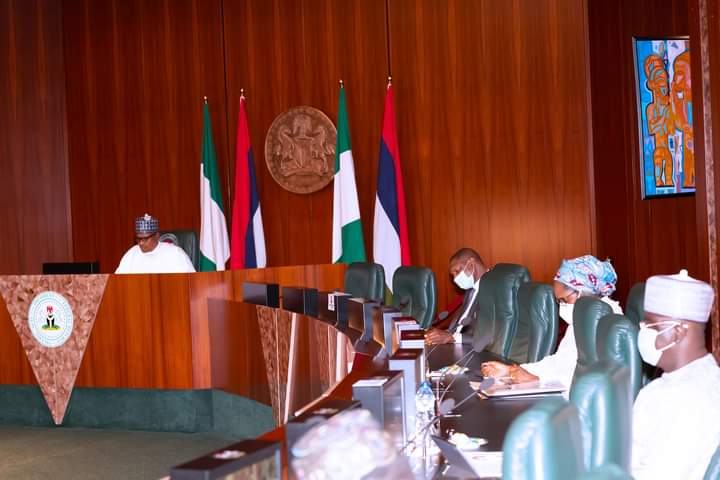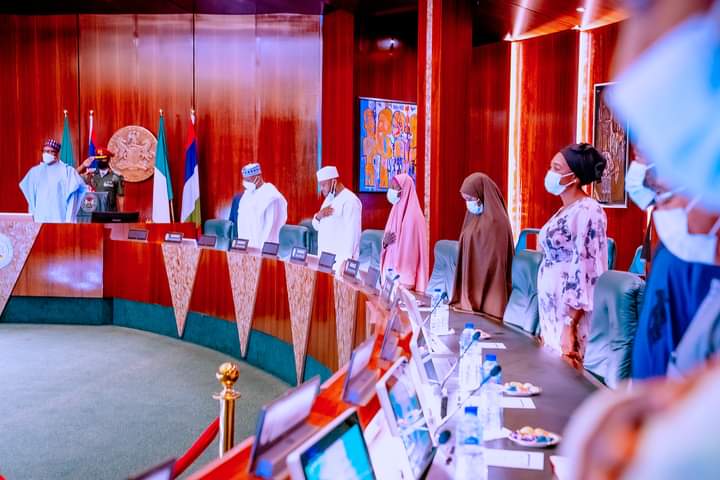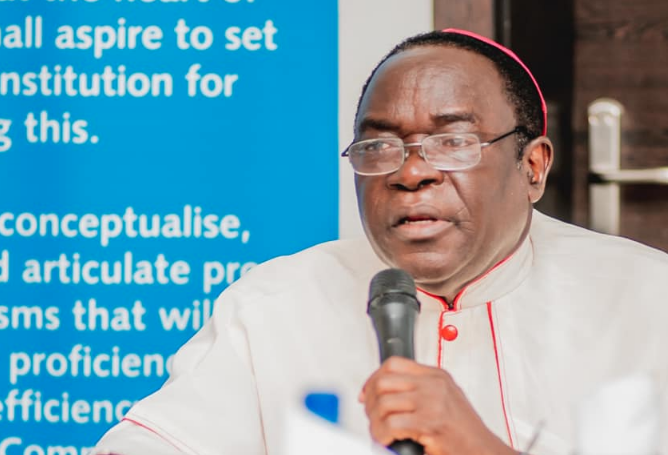PHOTO; SUNDAY AGHAEZE.
With bated breath, they wait endlessly hoping the prolonged strike would end soon. But there seems to be no end in sight. In the past five months, the lingering crisis between the federal government and the Academic Staff Union of Universities (ASUU) has put students at a disadvantage. As things stand, the Nigerian university educational system has been crippled and this may be the beginning of the end of what used to be a qualitative and prime higher educational system in the country.
ASUU has been on strike since February 14 over the failure of the federal government to honour an agreement on issues bordering on funding of universities, as well as salaries and allowances of lecturers.
The ASUU executives and the federal government have held a series of meetings without reaching an agreement. Aside from that, the two parties have also been enmeshed in blame games. While ASUU said Nigerians should blame the government for its failure to take necessary steps to address the protracted strike; the federal government, on the other hand, said it was not at fault, accusing the union of making negotiations difficult.
As a result, the industrial action was extended twice – in March, by eight weeks, and in May, by another two weeks.
Advertisement
Stakeholders have also accused the government of being insensitive to the plight of students and the educational crisis. According to them, the perennial strike is a threat to the education of students as academic calendars are disrupted – prolonging the years spent in school.
The impact is often felt by the students. University admissions are deferred as a result of pending admissions that need to be attended to. Upon resumption, academic work is rushed, leading to poor performance. Many students will also not be mobilised for the National Youth Service Corps (NYSC) programme as and when due.
ENOUGH OF THIS STRIKE!
Advertisement
On July 11, President Muhammadu Buhari said “enough is enough”. The president asked ASUU to reconsider its stance on the strike, saying the action had taken a toll on parents, students and other stakeholders.
“I hope that the institutions that we have like ASUU will sympathise with the country and the people. There is nothing wrong with showing the government and the leadership that you don’t like what they are doing. But enough is enough. Don’t hurt the next generation for goodness sake,” Buhari had said.
Subsequently, at a meeting with stakeholders on July 19, the president issued a two-week ultimatum to Adamu Adamu, minister of education, to resolve the issues and end the strike.
The minister was also expected to report back to Buhari on the development in two weeks.
Advertisement
The president’s directive raised the hopes of students, who were eagerly waiting for positive feedback; but a few weeks after, their hopes of returning to school were dashed. ASUU extended the strike action by another four weeks.
Giving reasons for its decision, Emmanuel Osodeke, ASUU president, said the rollover was to give the government time to resolve the outstanding issues.
Despite Buhari’s directive, the industrial action is still on, increasing students’ frustration with the seeming lack of progress in negotiations between the government and ASUU.
“WE ARE YET TO BE CALLED FOR A MEETING”
Advertisement
Speaking with TheCable, Moyosore Ajao, chairman of ASUU at the University of Ilorin, said the federal government knows what to do if it really wants the strike to end immediately.
He added that ASUU is yet to receive any information concerning the status of the negotiation between the union and the government.
Advertisement
“You can see the two weeks are gone already. NEC resolution to go for an additional four weeks is to give the government enough time so that they won’t say the two weeks given by the president is short,” Ajao said.
“You know the president still came back to say the two weeks notice was not sacrosanct; they were thinking of two to three weeks. So, that was why we said let’s give them four weeks to see if they will be able to resolve the matter bearing in mind that if the government wants the strike to be off today, they know what to do.”
Advertisement
“They are the ones that can give reasons for the undue delay of the strike. But I can tell you as of today, we have not received any official offer or information from the government with respect to the status of our negotiation.
“All that you read in the media is just what we are reading too. We have not had any official position of the government.”
Advertisement
Asked what the decision of ASUU would be if the extension elapsed without reaching an agreement, Ajao said the union’s NEC would chart a way forward.
“For anything you do or fail to do, there are consequences,” he said.
“So, at the expiration of the four weeks, the union’s NEC will meet again and take it from there. I cannot say what direction NEC will take, but it will take a decision again.”
As the issue lingers, the questions on the lips of stakeholders now are: does the presidential directive really hold water? Will Buhari match his words with actions? What next?
All eyes are on the president to make his words count and put an end to the deadlock before the end of his administration.
